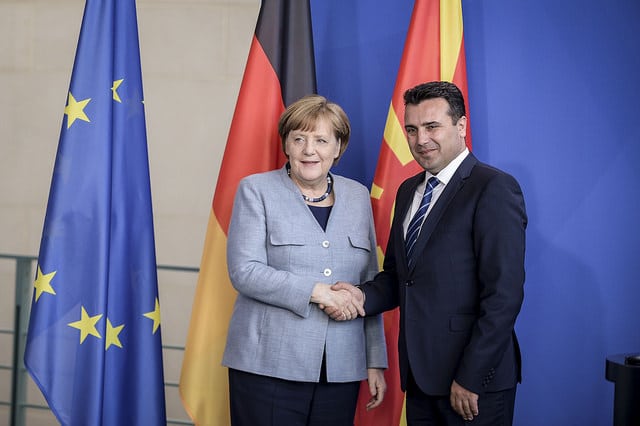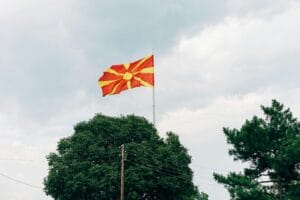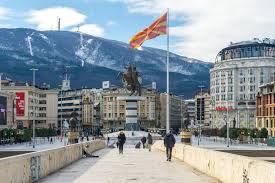It is the first time in more than two decades a German Chancellor Merkel visited Macedonia and that is no coincidence: on the 30th of September a referendum in Macedonia will take place on the name deal with Greece which changes the name of the country into Republic of North Macedonia. The deal protects Macedonian language and identity and brings the country on the Euro-Atlantic integration path.
Macedonia has the status for candidate country for 19 years, but was unable to open EU accession negotiations due to a Greek veto over the name issue: Greece insisted Macedonia could claim northern Greece territory which goes by the same name.
Western support
Merkel’s visit on 8th of September seemed carefully planned since it is on Macedonia’s independence day. On this day, 27 years ago, citizens voted in a referendum to become independent from former Yugoslavia. The nation is now faced again with another choice: accept the name change in order to start the process to become NATO and EU member. Merkel directly addressed the nation and urged people to vote; “Do not stay at home on September 30, on this historic day.” The Western support for the referendum was already clear for the Macedonians, moreover, Merkel is not the only one who visited Macedonia this week. NATO Secretary-General Stoltenberg was in Macedonia for a two day visit and after him Sebastian Kurz, Chancellor of Austria, arrived. Not only Western leaders show their support, but also the Albanian President Ilir Meta spoke out. Meta argues that it can open prospects for integration for Albania too, therefore, Meta considers a yes in the referendum as a ‘victory of all political forces’
Optimism
An survey published last week gives an optimistic view in run-up to the referendum. Despite protests by nationalists and opposition by VMRO DPMNE, the party of the President Ivanov, prospects are looking positive. The survey, held by the International Republican Institute, IRI, showed that a majority of the respondents, 57%, is in favour of entering the EU and NATO under the condition of the new name. 22% of the respondents answered to vote against in the referendum. The survey is a reason for slightly optimism. If somehow ‘no’ will be the result of the referendum it will be likely that Macedonia will held early parliamentary elections. A yes at the referendum is just a first step. Macedonia has to change its constitution to change the name which requires a two third majority in the parliament.
Sources: Balkan insight, Balkan insight II, Balkan insight III, European Forum, RadioFreeEurope
Photo: flickr



